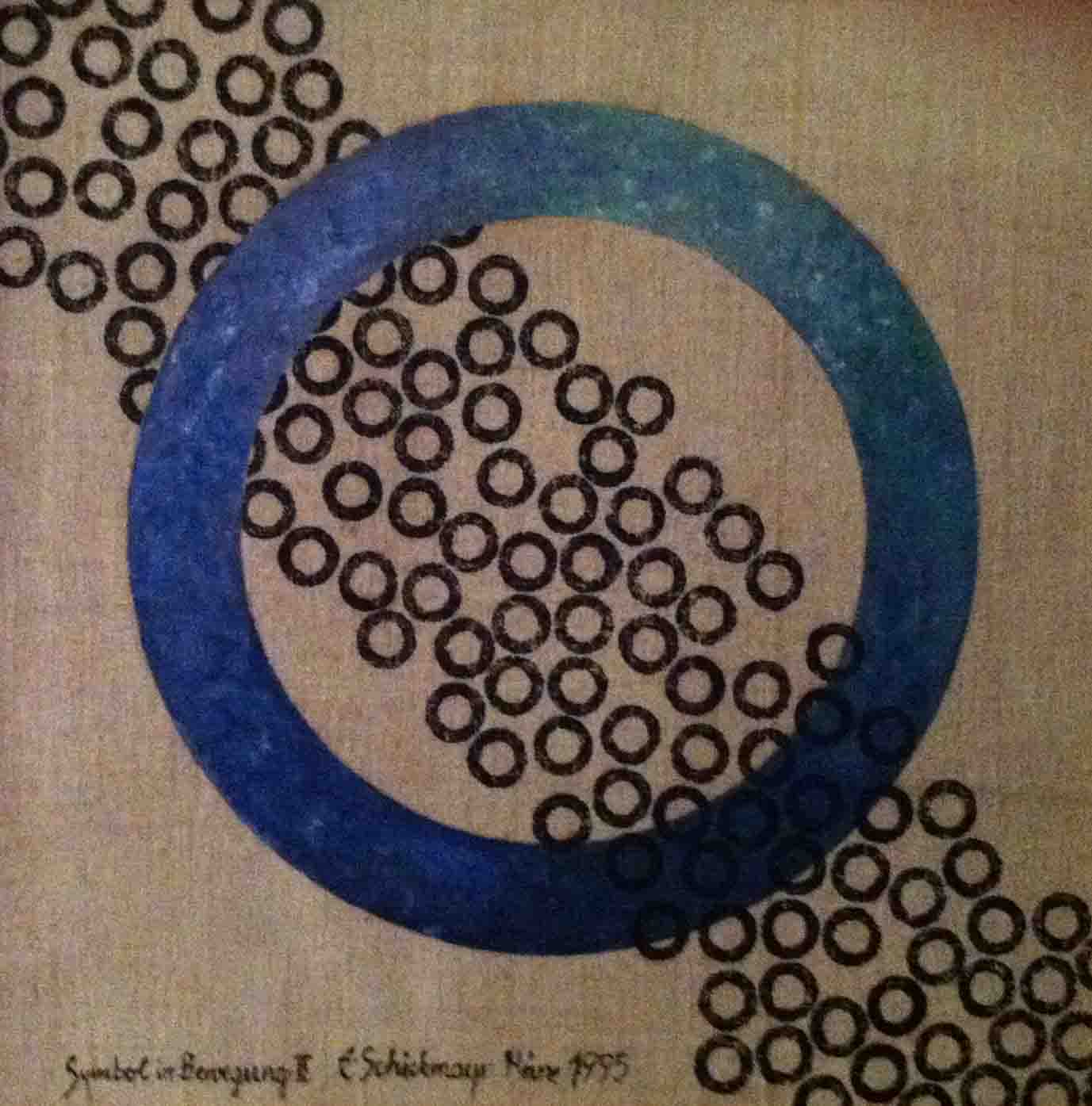
|
|
|
Thoughts on Identity |
|
|
Who are we? What makes up our individual personalities?
Where lies the secret of our consciousness, particularly our
self-consciousness? And most of all, what is the relationship between our
identity and nature, our fellow human beings? To have an identity as a human as it is understood here and
further detailed in the basic definition of terms means, firstly, to have a
consciousness and create a relationship between this consciousness and the
fellow human beings. Our identity is the sum of our characteristics, experience,
memories and ideas. It shows where we resemble our fellow human beings and
where we are different. Each human being
has a unique identity gained by his/her development and stored in his/her
autobiographical memory. This development continues in his/her future. Moreover, our identity can build on true insights and
principles of reason we follow - allowing us to be partakers in something that
exists across space and time - or it can be based on something that is based on
error and cooptation. As also further detailed in the basic definitions, there
is no doubt that truth in a scientific sense (mathematics, physics etc.) and
principles of reason in the sense of a universal ethic could exist. Although
man can acquire only parts of it, and due to falsifiability, the question what
parts are acquired or whether these parts are only valid subject to specific overall conditions and/or
whether they are only images reflecting or abstractions of reality, must remain
open, there is good evidence that some of that can be seen as independent of time or place and is,
therefore, universally valid and everlasting. Why are we what we are? What are the reasons for forming
exactly our identity, and do we change our identity? These are crucial
questions. The genetic endowment passed down from parents is substantial for
our identity. But the influences of our environment have a major effect and are
deeply connected with our genetic endowment. Our human qualities, experience,
memories and ideas depend on how we were treated by our parents, on our
parents' socioeconomic status, the number of siblings and our friends, the
environment in which we grow up and our education opportunities. (17) This has been proved extensively in case
studies with separated adult monozygotic twin pairs having the same genome. New
insights from epigenetics (18) support the
strong impact of the environment. There is no doubt that our identity depends to a large
degree on the culture in which we grow up. Just imagine what a different
personality we would have developed if in our early childhood our parents had
migrated to a distant continent with completely different customs and
practices. (19) Or what a different identity
an adopted child growing up in a new culture will develop. The answer to one question is obvious: our identity develops continuously. |
|
|
|
© 2015 by R. Pirnbacher • rudolf.pirnbacher@gmail.com
